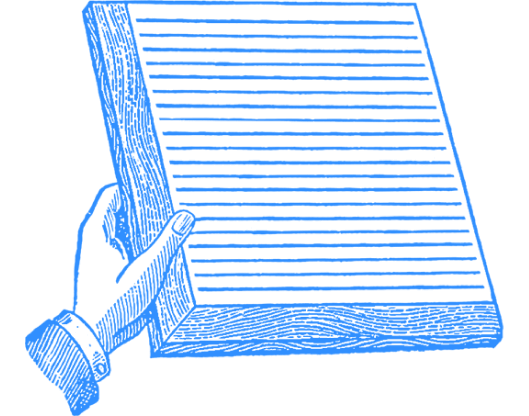
Over on National Review Online, I have a new piece about the president’s agenda, the national debt, and the political moment. An excerpt:
After Scott Brown’s stunning victory in the Massachusetts special election last month, it is now clear that the coalition President Obama was counting on to pass his health-care bill and follow-on legislation is in absolute tatters. The strain of the effort to ram health care through despite intense public opposition has taken a very heavy toll. Independent voters remain outraged at the arrogance of it all, and have swung decisively toward GOP candidates in recent contests. Congressional Democrats now know they are in peril, and are behaving accordingly. They are in no mood to take any more tough votes on behalf of a president’s agenda that their constituents have plainly rejected. Indeed, in the current environment, it’s hard to see how the House could pass the same health-care bill that it passed just last November.
This puts the president in a terrible bind, especially given the difficult budgetary choices now confronting him. His 2011 budget submission to Congress shows deficits rising to $1 trillion by the end of the decade and continuing thereafter. From 1789 through 2008, the U.S. government borrowed $5.8 trillion. If the Obama budget were adopted in full, government borrowing would exceed $18 trillion by the end of the decade. Debt accumulation at such a pace would almost certainly precipitate an economic crisis.
In their heart of hearts, most Democrats think the solution to the nation’s budget problem is a massive tax increase; if they had succeeded on health care, some might have been willing to use that momentum to propose one. But in the current environment, with so much distaste for out-of-control government, the White House and congressional Democrats know full well that it would be complete political suicide for them to push a tax increase at this stage.
Which brings us back to the president’s renewed interest in having Republicans share in, as he put it, “the burdens of governing.”
Unfortunately for him, he is now holding a very weak hand as he heads into discussions with his adversaries. His health-care program is so unpopular that Democrats themselves are walking away from it. He promised voters he wouldn’t raise taxes on the middle class, and his Democratic allies want to expand government, not contain or shrink it. So, unless he changes course, he is stuck with presiding over an unprecedented borrowing binge that threatens to cripple his administration.
The whole article can be found here.
